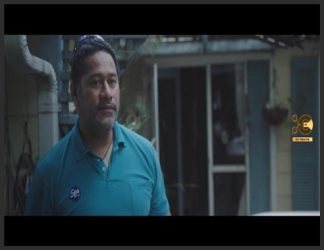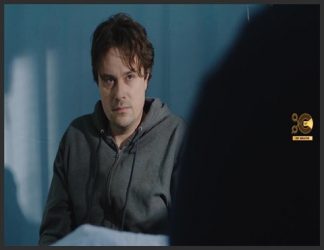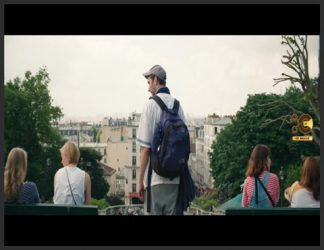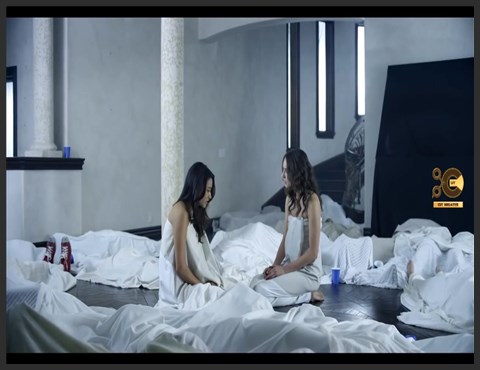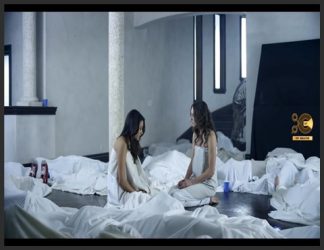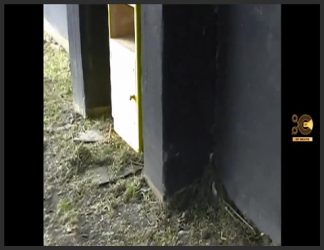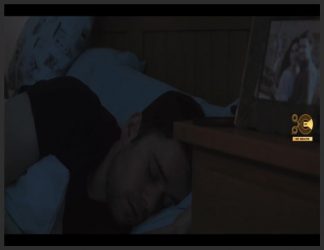You must need to login..!
توضیح
فیلم کوتاه خارجی Refuge England ( پناهندگی در انگلیس )
برای دانلود رایگان فیلم کوتاه خارجی Refuge England ( پناهندگی در انگلیس ) با کیفیت 480p از پلیر سایت یا لینک زیر استفاده کنین
لینک دانلود link download
ژانر: درام
سال ساخت : 1959
مدت پخش : 25:08
زبان فیلم : انگلیسی
ساخت کشور انگلیس
کارگردان: Robert Vas
بازیگران: Bill Collins, Abdul Hamid Khan, Tibor Molnár
این فیلم تجربیات یک پناهنده مجارستانی را که وارد لندن و بدون انگلیسی ، پول کمی و تنها چشم انداز وی برای کمک به آدرس ناقص نوشته شده روی کارت پستال است ، که ثبت شده. تجربیات خود این کارگردان – که خود در سال 1956 به عنوان پناهنده به لندن آمد – در تصویرگری از واکنش های متناقض شخصیت به محیط جدید خود: به انزوا و شگفتی ، ناامیدی و امید ، اصالت داد.
ناهندگی انگلیس همچنین یک رکورد منحصر به فرد از لندن در اواخر دهه 50 ، از واترلو تا West End گرفته تا خانه های نیمه تمام حومه است که با چشم پرس و جو و بی طرف یک فرد خارجی دیده می شود.
این فیلم به عنوان بخشی از برنامه Free Cinema 6 با استقبال گرم روبرو شد و به BAS کمک مالی دیگر داده شد تا سه سال بعد دومین فیلم کوتاه کوتاه به سبک سینمایی ، یعنی خیابان Vanishing ، ساخته شود.
Like the Swiss makers of Nice Time (d. Claude Goretta and Alain Tanner, 1957), Refuge England’s director Robert Vas was a foreigner working for the British Film Institute when he took advantage of the BFI Experimental Film Fund – and of the succcess of previous Free Cinema films – to direct his first short. He was awarded a £400 grant in July 1958, and began shooting his film around London in the autumn, with a very small crew and Walter Lassally behind the camera.
The film records the experiences of a Hungarian refugee arriving in London with no English, little money and with his only prospect of help an incomplete address written on a postcard. The director’s own experiences – Vas himself came to London as a refugee in 1956 – give the film an authenticity in its portrayal of the protagonist’s conflicting responses to his new environment: isolation and wonder, despair and hope.
Although the use of the voice-over to describe the refugee’s feelings seems to demonstrate a more conventional approach, it does not dominate, acting instead as another level of information. Despite the narration, the contrast of images and sounds (the noises of London, Hungarian folk music) is in keeping with the established Free Cinema style.
Refuge England is also a unique record of London in the late 1950s, from Waterloo to the West End to the semi-detached houses of suburbia, seen through the enquiring and impartial eyes of an outsider.
The film received a warm reception as part of the Free Cinema 6 programme, and Vas was given another grant by the BFI to make a second Free Cinema-style short, The Vanishing Street, three years later.




